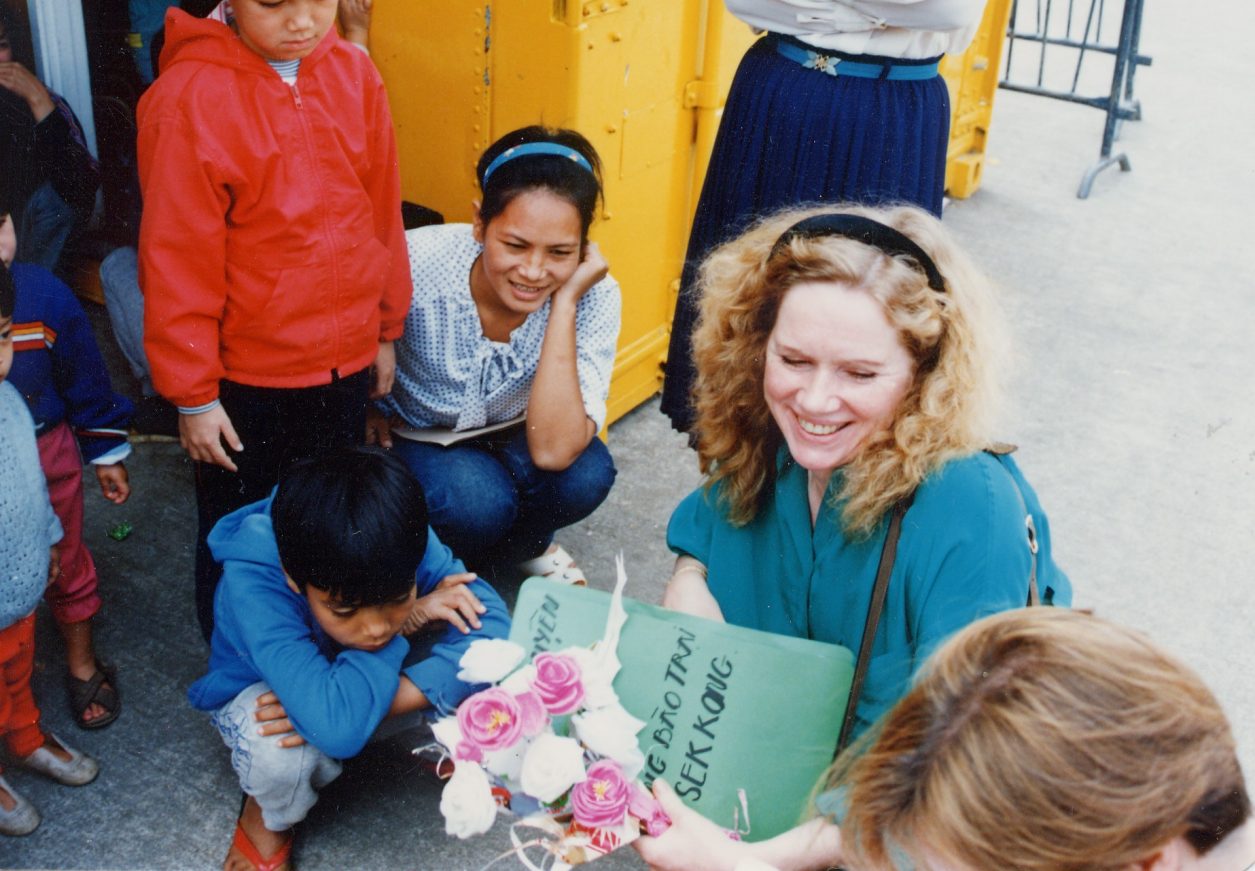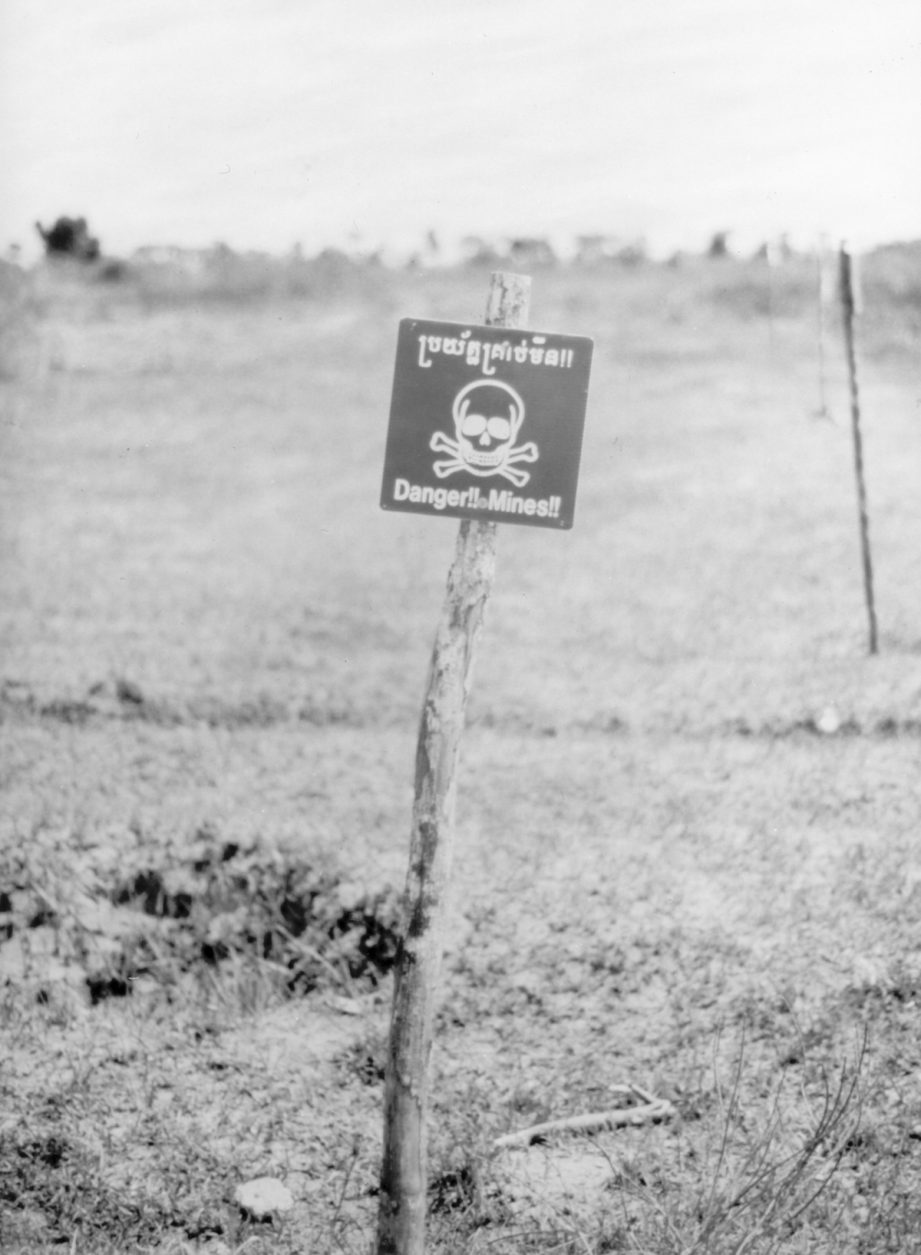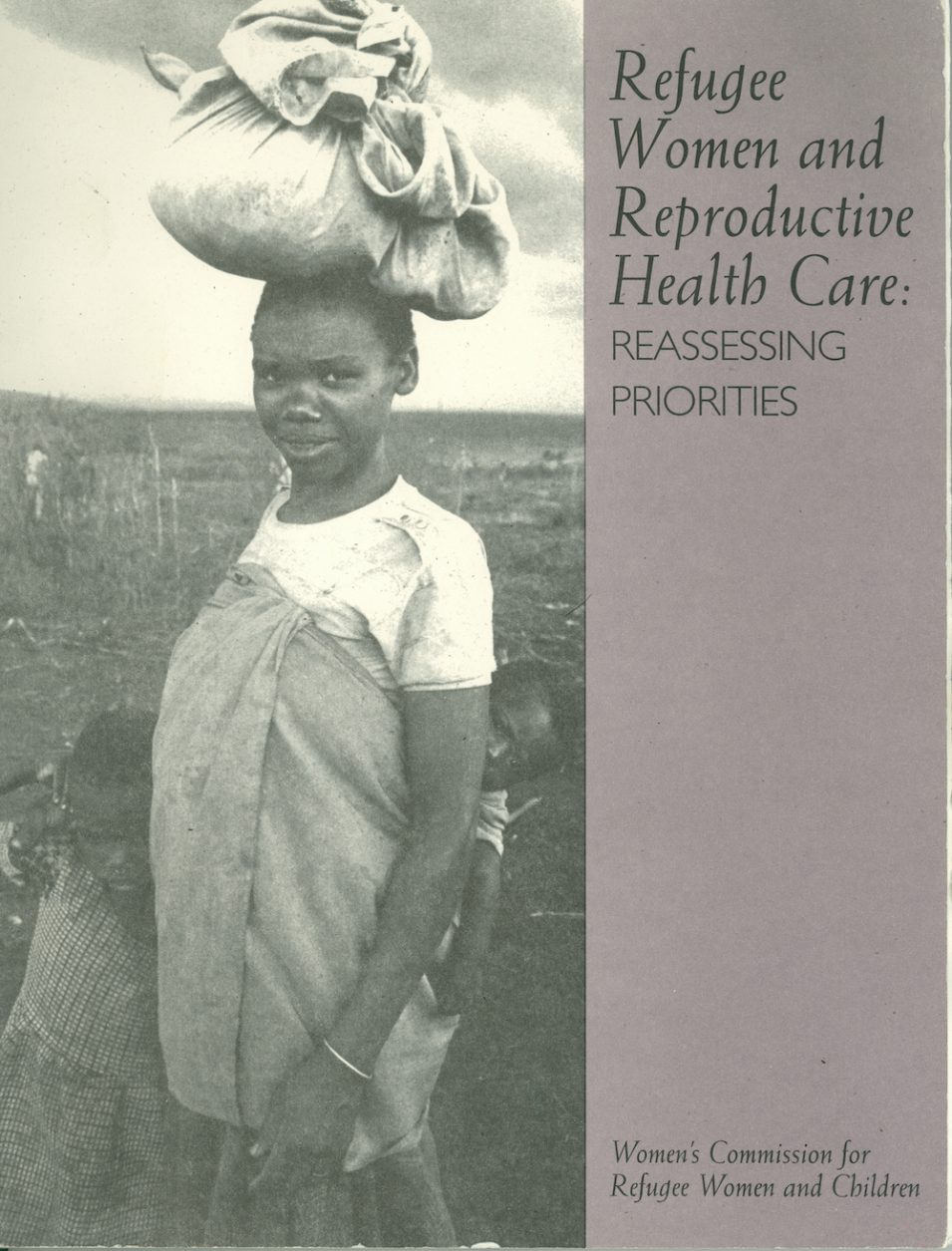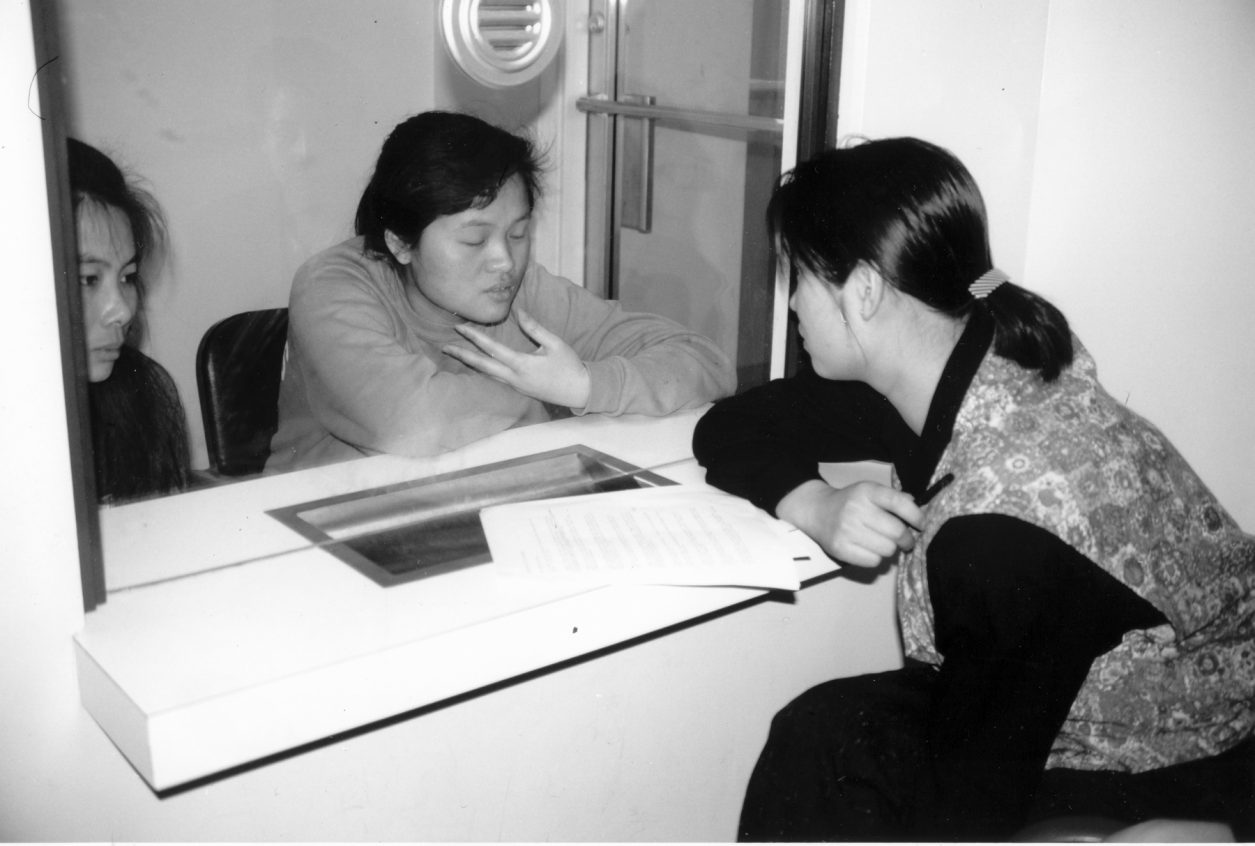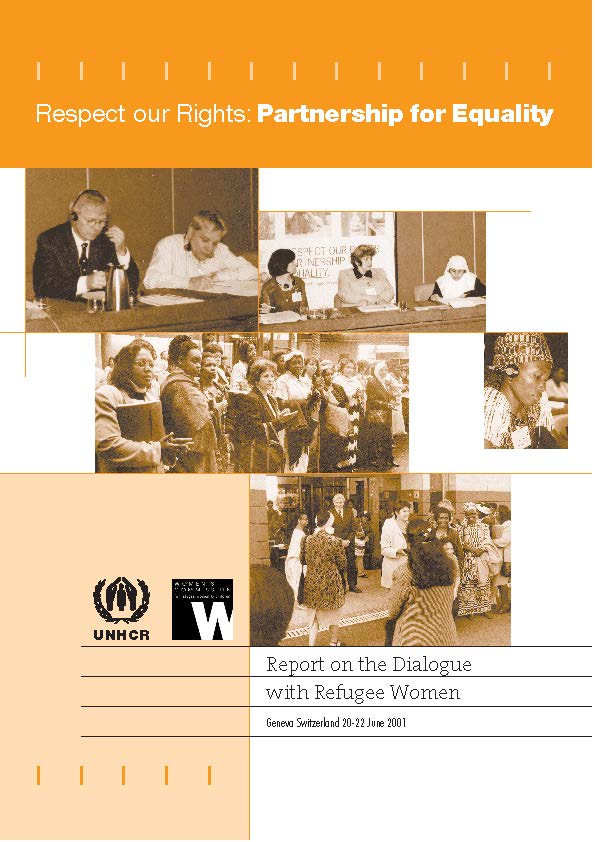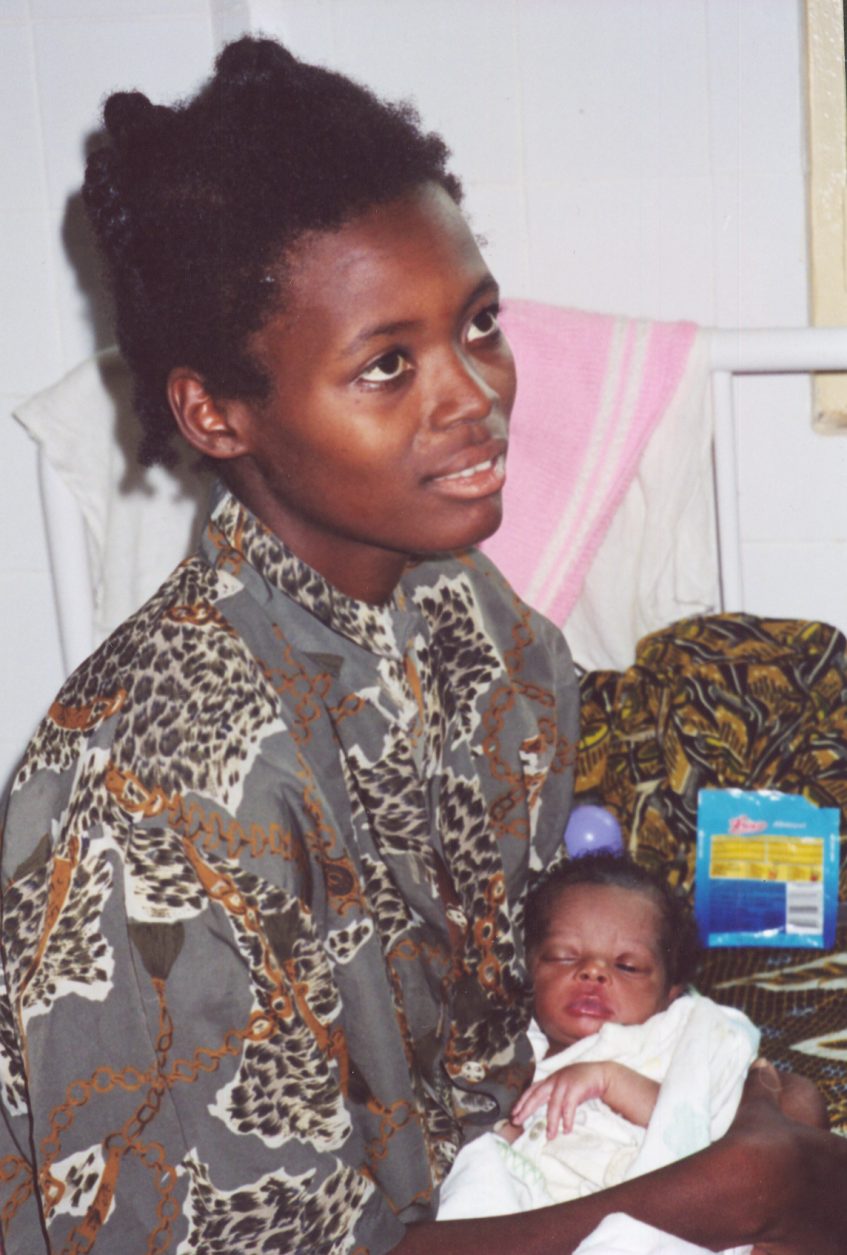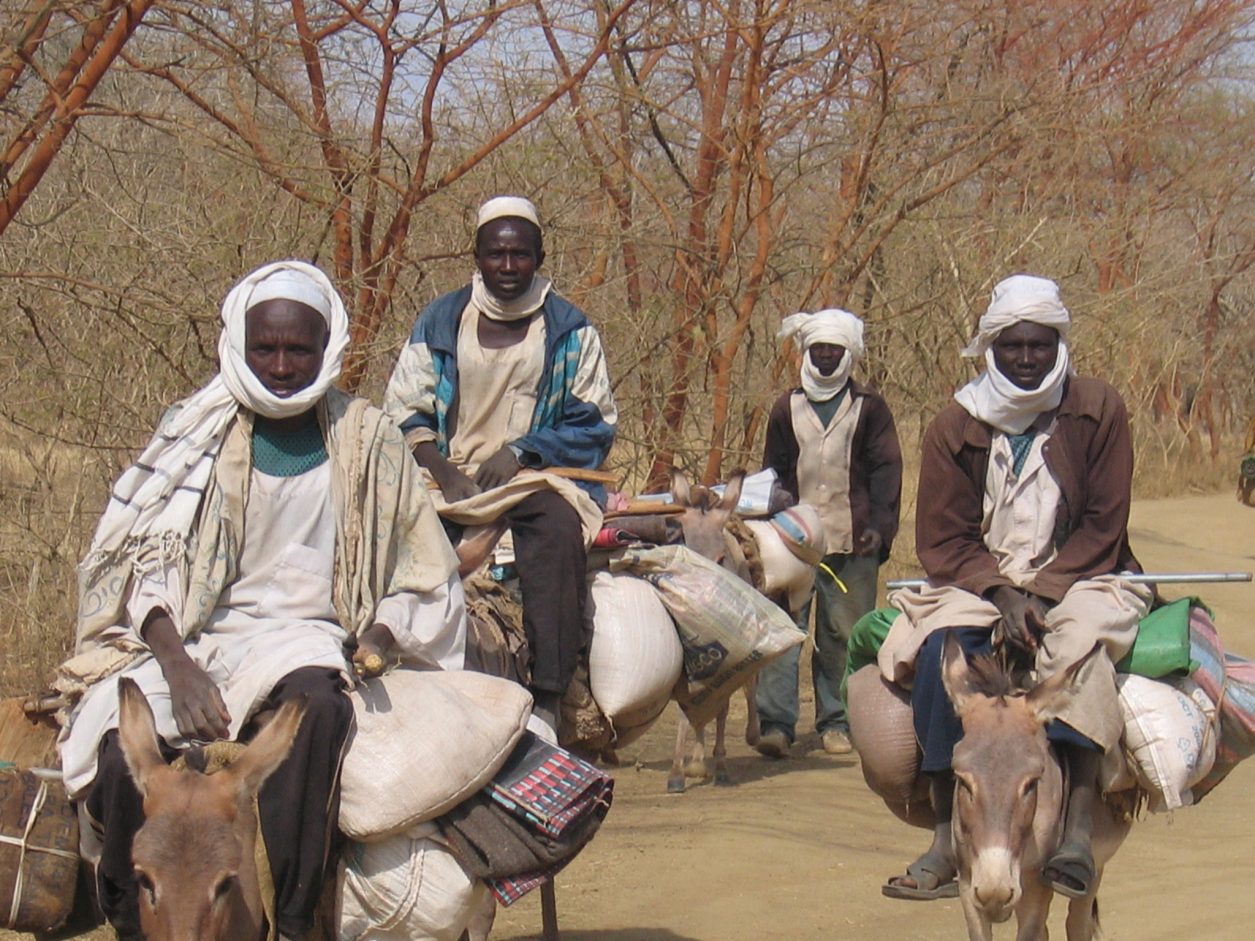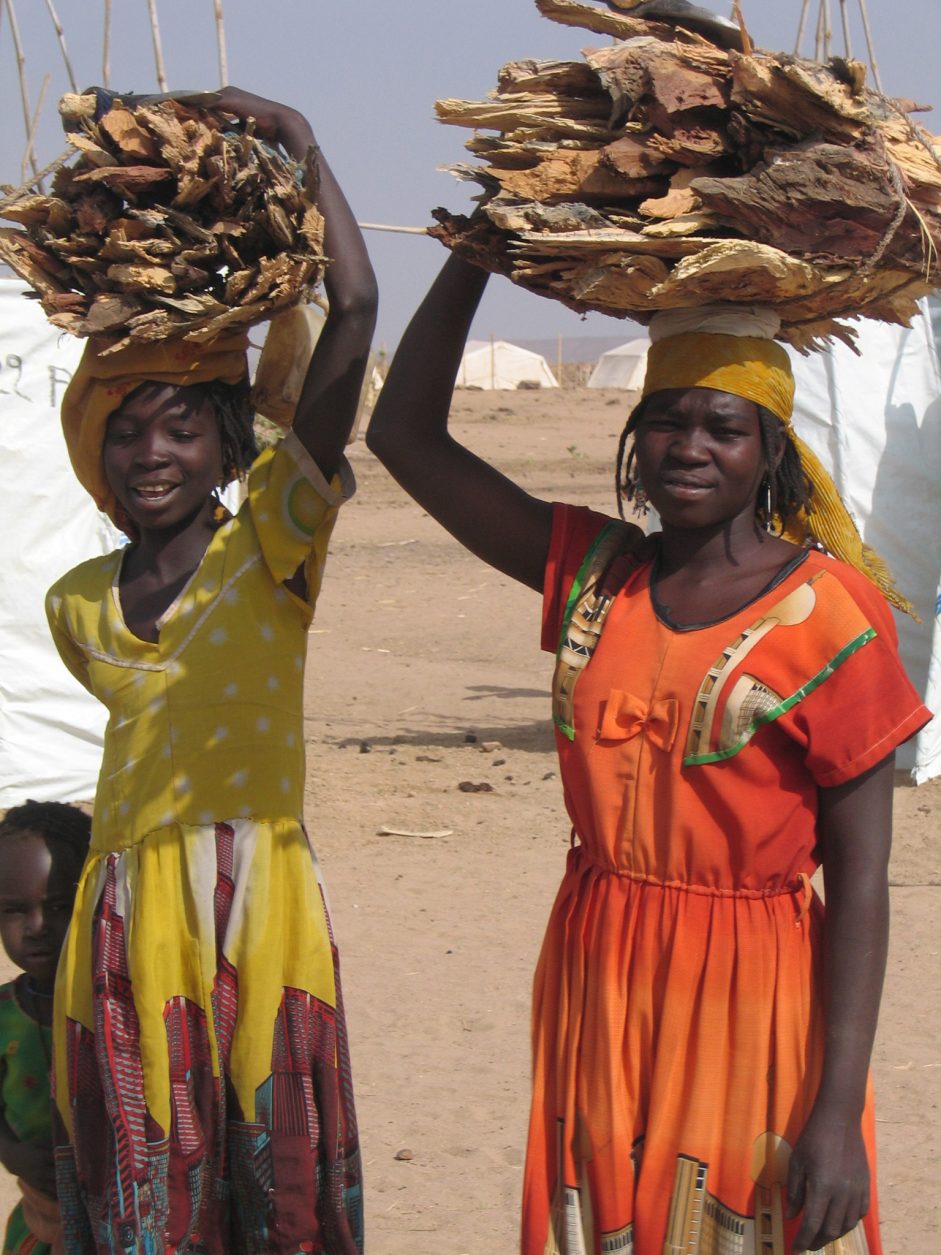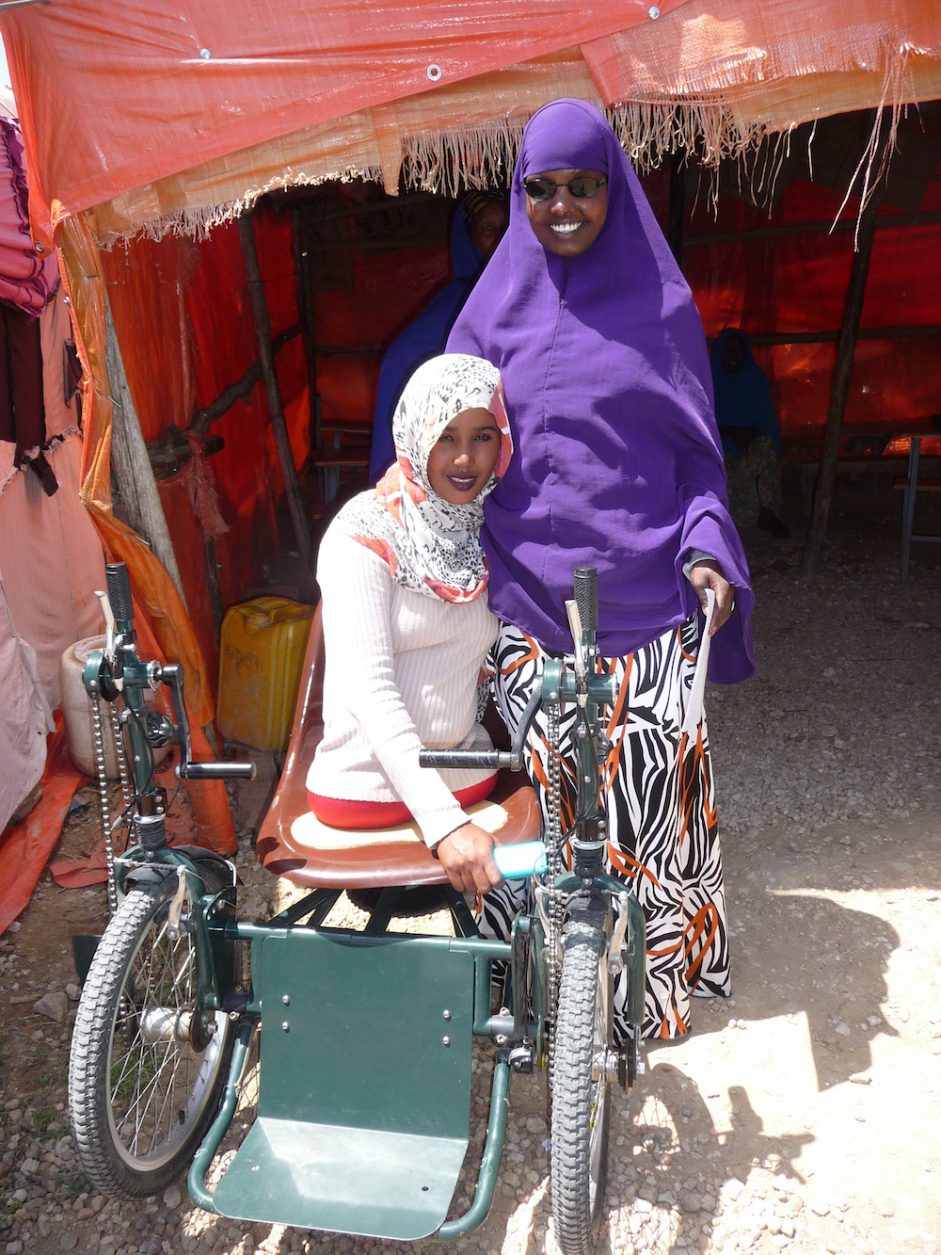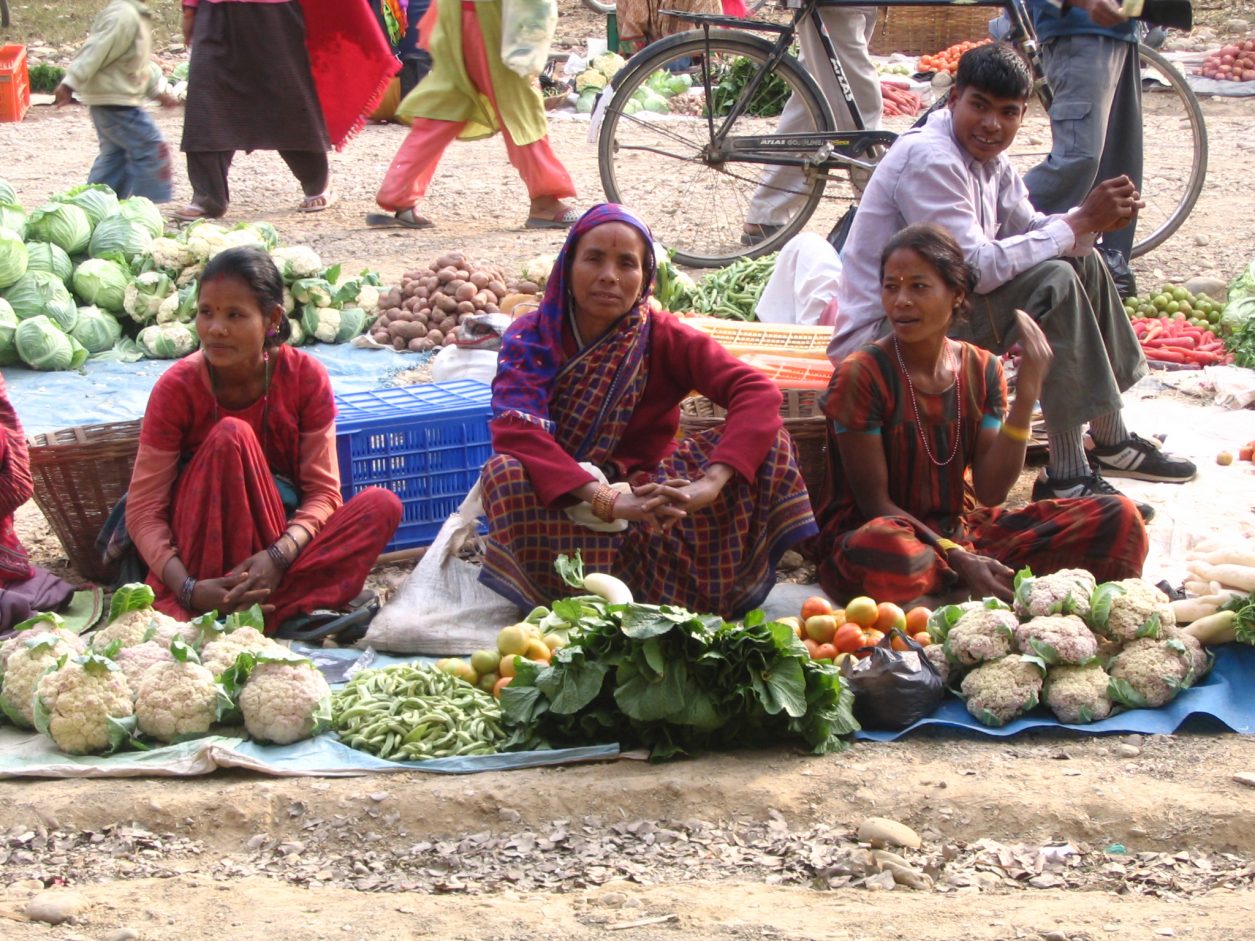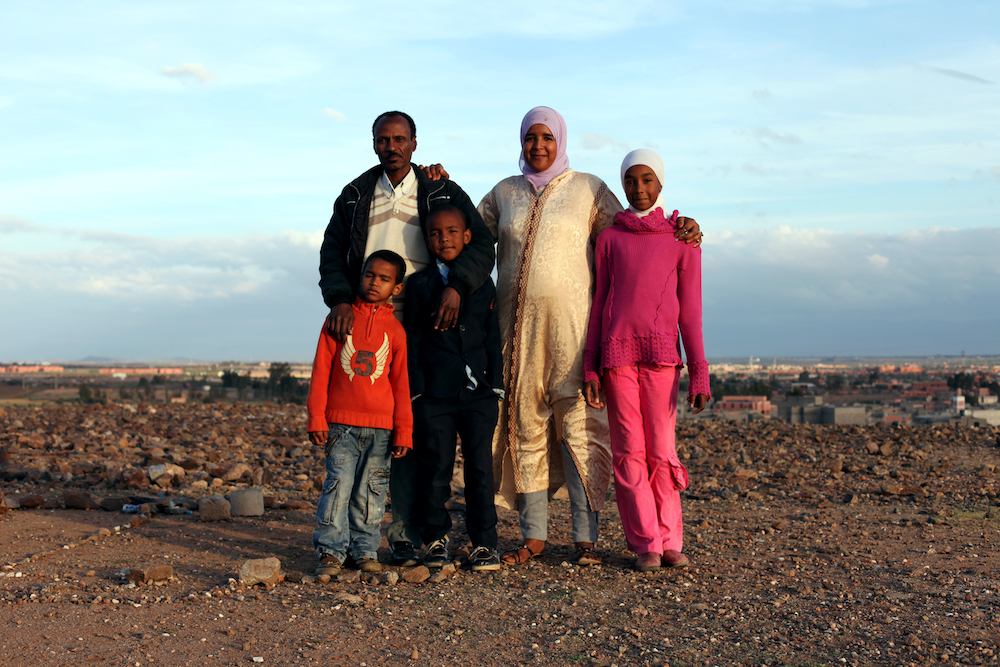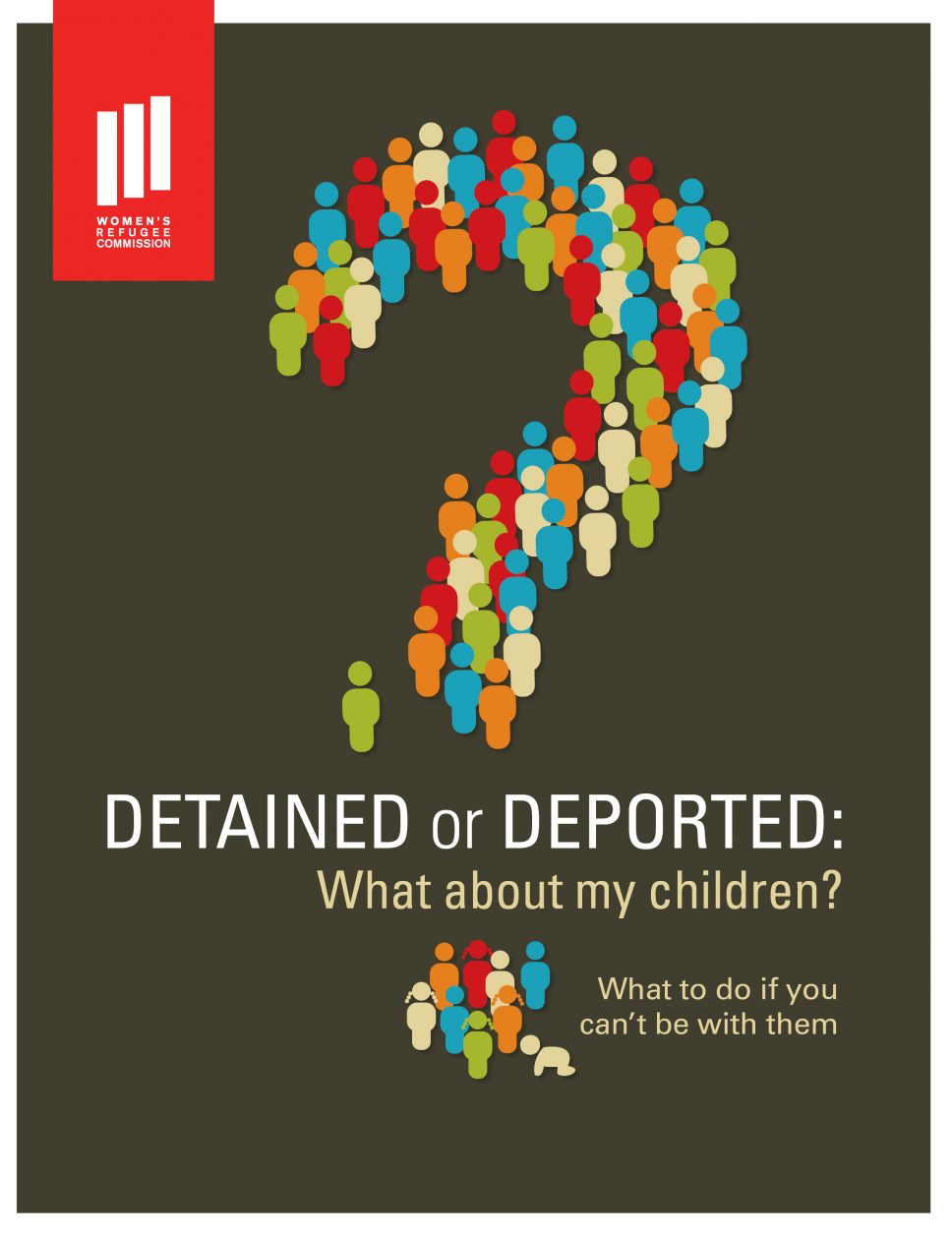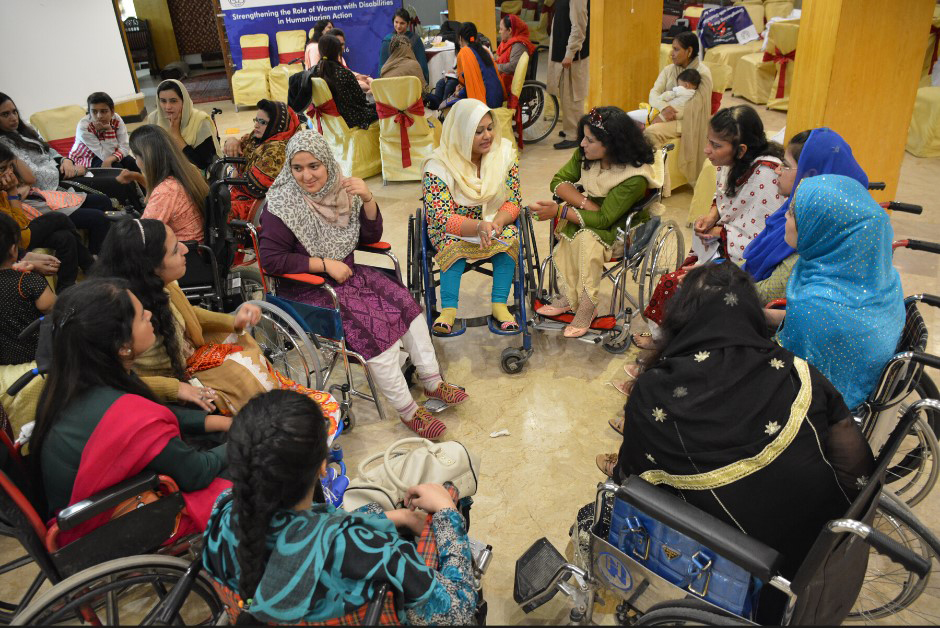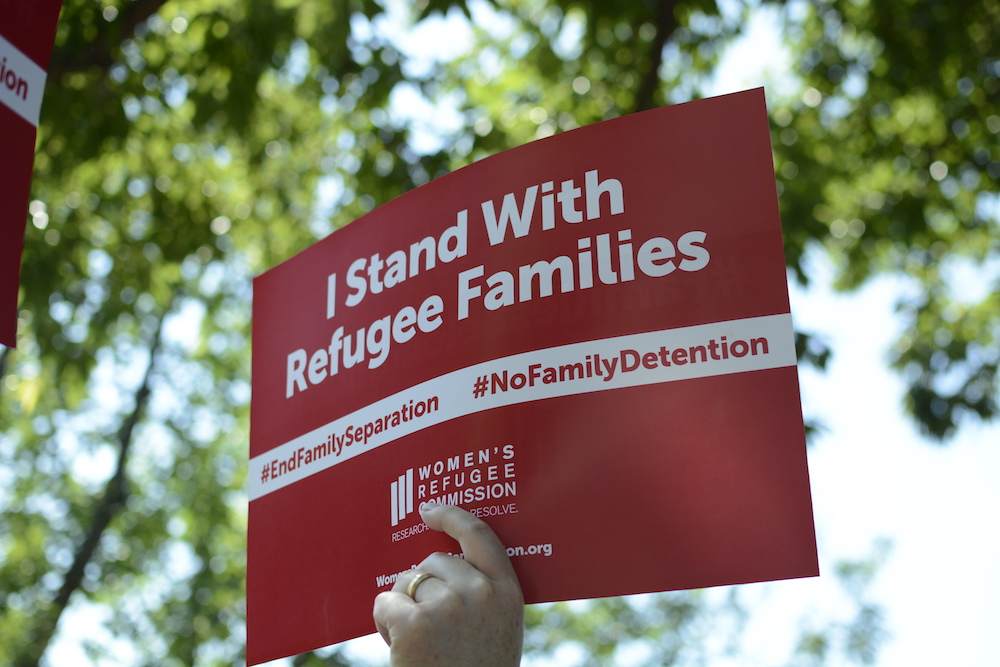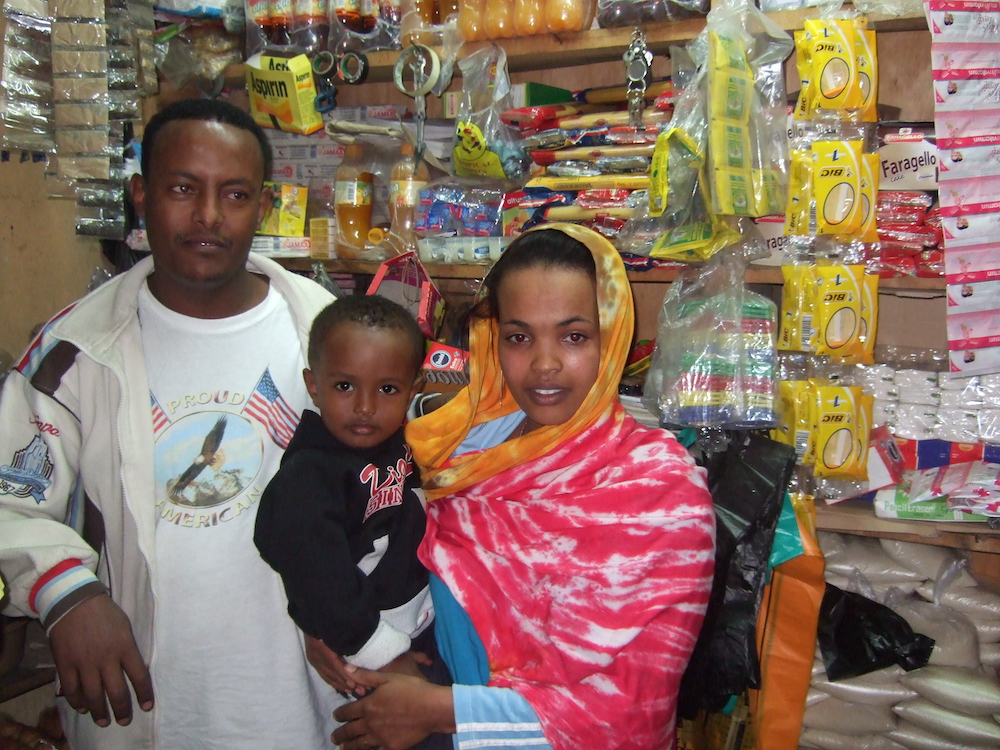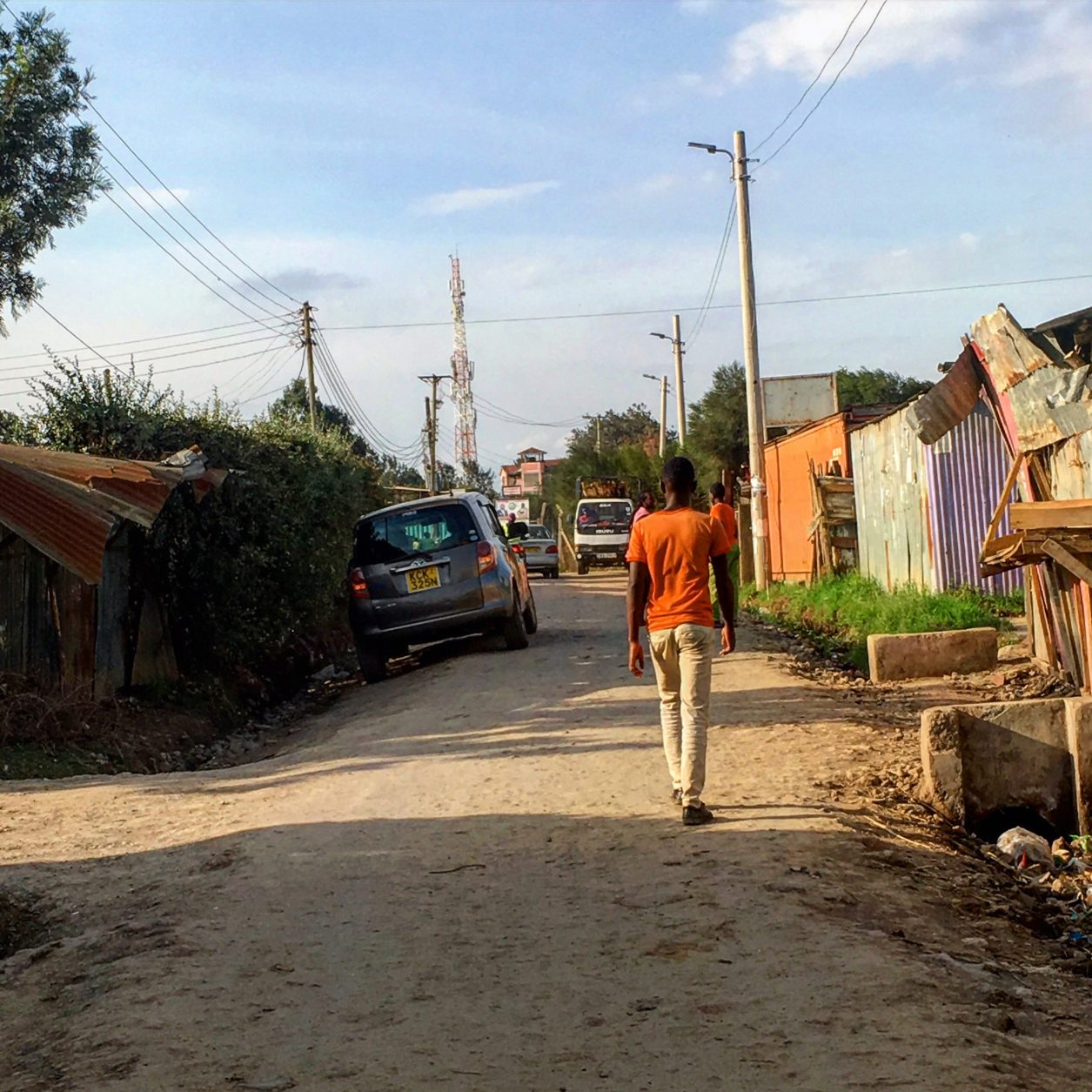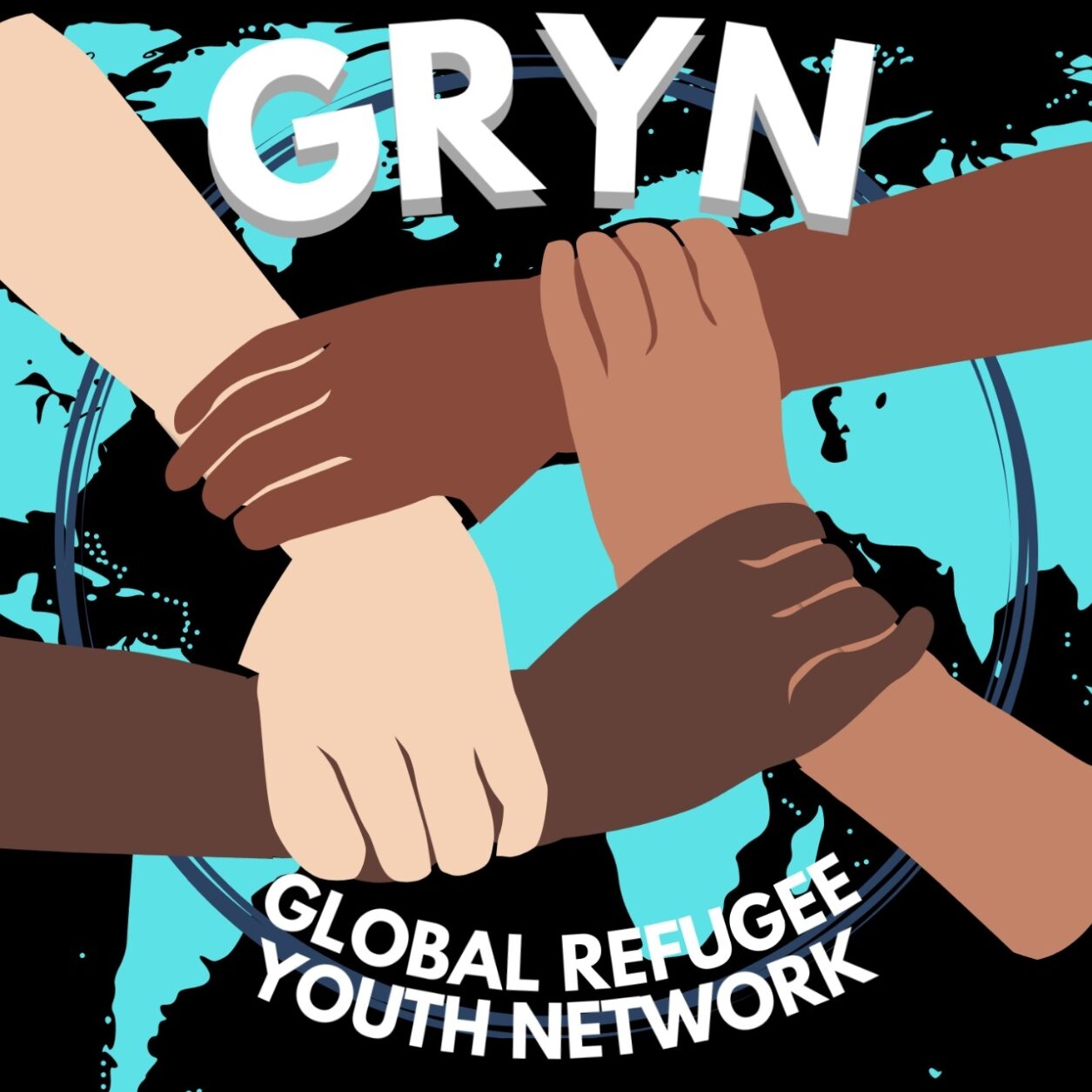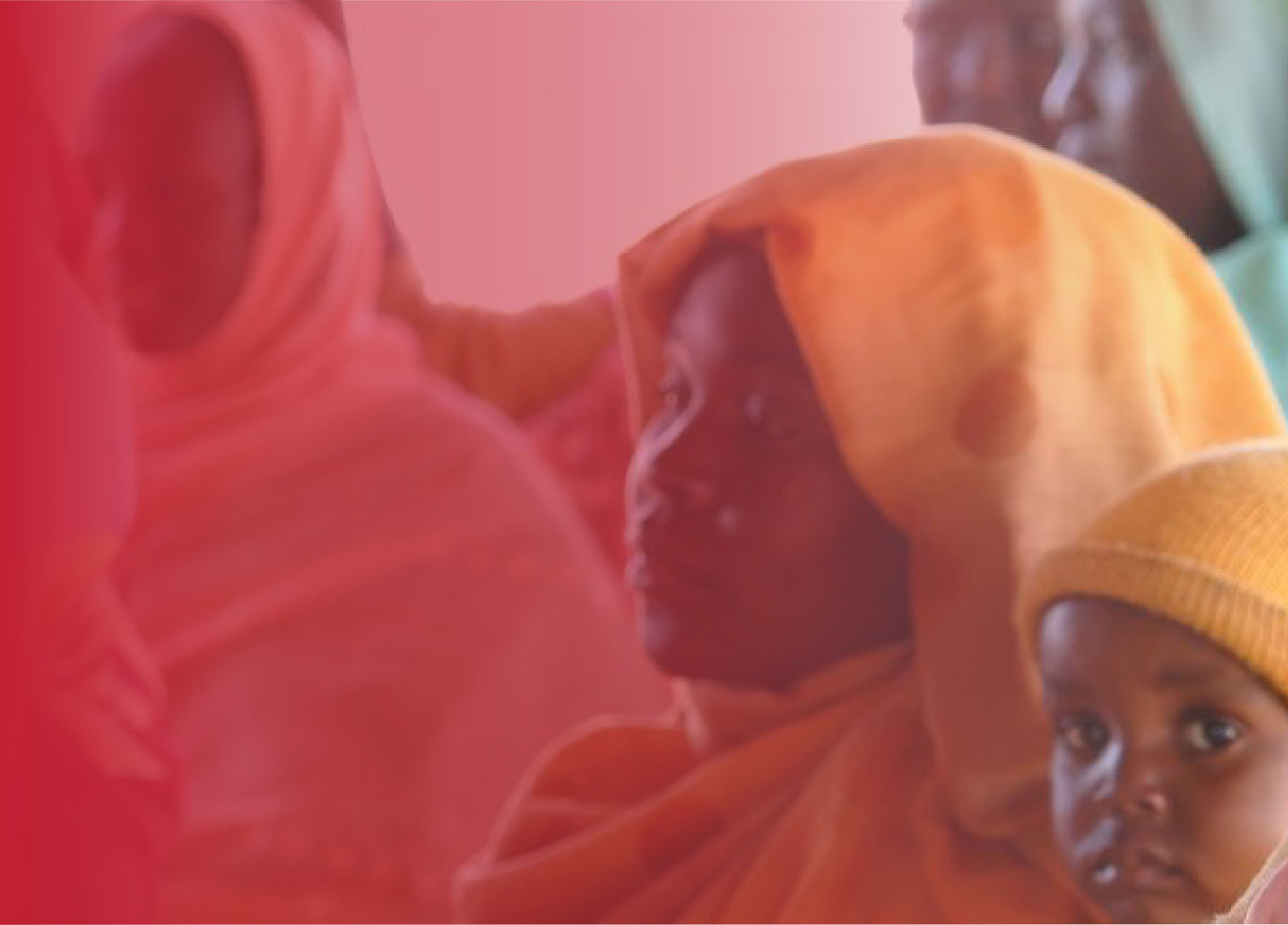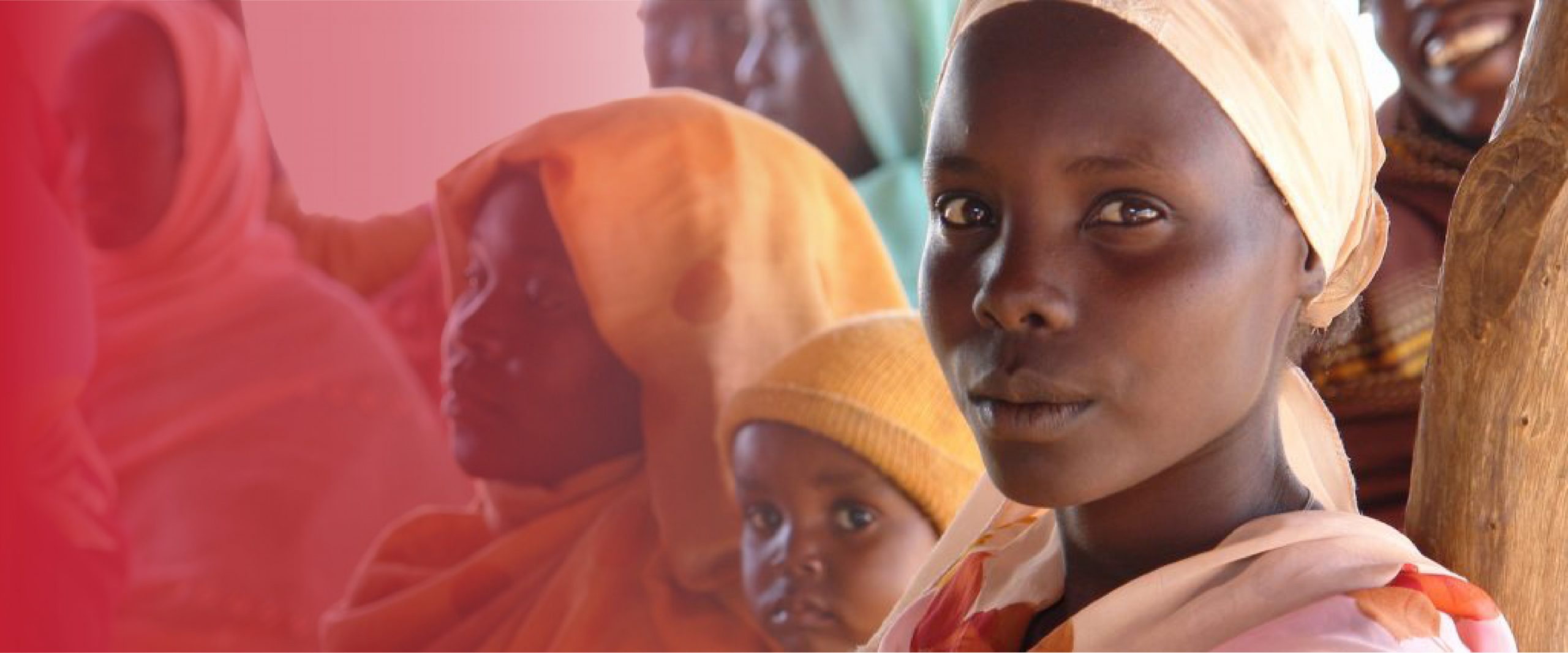
Our History
The Women’s Refugee Commission has worked for more than 30 years to protect and improve the lives of refugee women, children, and youth around the world.
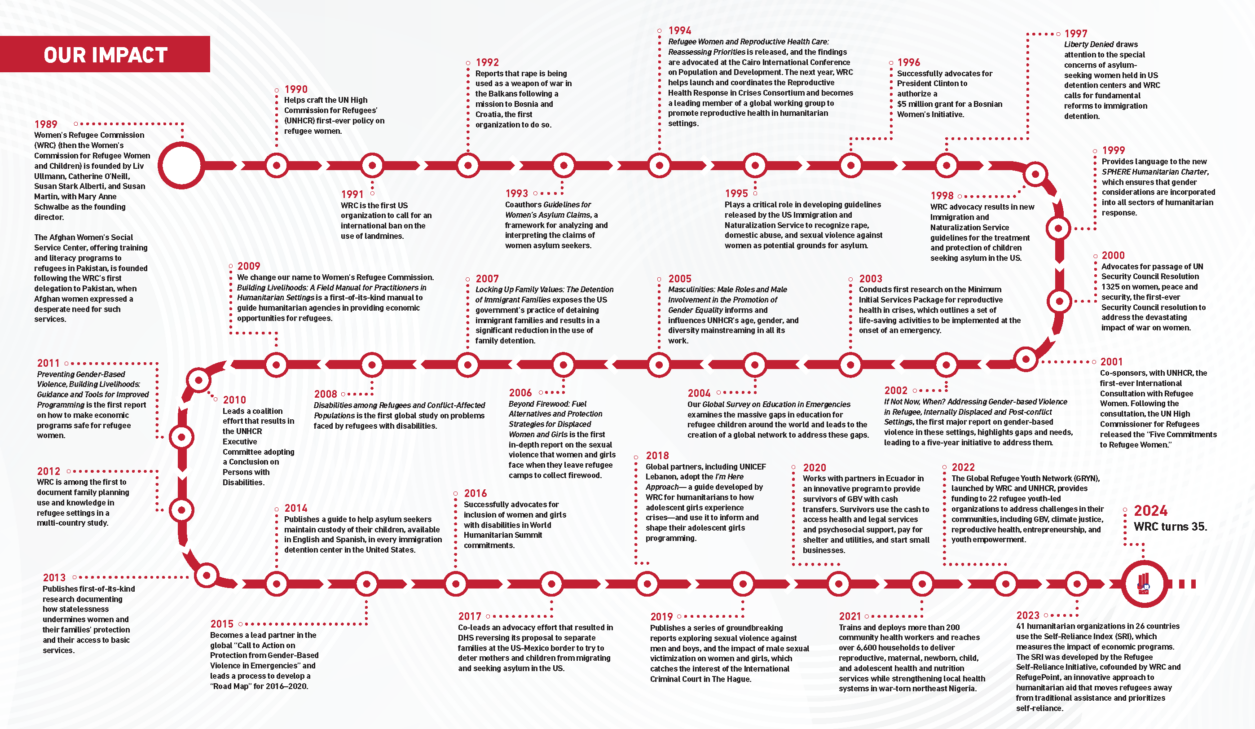
1989
1989
Women’s Refugee Commission (WRC) (then the Women’s Commission for Refugee Women and Children) is founded by Liv Ullmann, Catherine O’Neill, Susan Stark Alberti, and Susan Forbes Martin, with Mary Anne Schwalbe as the founding director. The Afghan Women’s Social Service Center, offering training and literacy programs to refugees in Pakistan, is founded following WRC’s first delegation to Pakistan, when Afghan women expressed a desperate need for such services.
1990
1990
WRC helps craft the UN High Commission for Refugees’ (UNHCR) first-ever policy on the protection of refugee women.
1991
1992
1992
WRC reports that rape is being used as a weapon of war in the Balkans following a mission to Bosnia and Croatia, the first organization to do so.
1993
1993
WRC coauthors Guidelines for Women’s Asylum Claims, a framework for analyzing and interpreting the claims of women asylum seekers.
1994
1994
Our landmark report Refugee Women and Reproductive Health Care: Reassessing Priorities is released, and the findings are advocated at the Cairo International Conference on Population and Development. The next year, WRC helps launch and coordinates the Reproductive Health Response in Crises Consortium and becomes a leading member of a global working group to promote reproductive health in humanitarian settings.
1995
1995
WRC plays a critical role in developing guidelines released by the US Immigration and Naturalization Service to recognize rape, domestic abuse, and sexual violence against women as potential grounds for asylum.
1996
1996
WRC successfully advocates for President Clinton to authorize a $5 million grant for a Bosnian Women’s Initiative.
1997
1998
1998
WRC advocacy results in new Immigration and Naturalization Service guidelines for the treatment and protection of children seeking asylum in the US.
1999
1999
WRC provides language to the new SPHERE Humanitarian Charter, which ensures that gender considerations are incorporated into all sectors of humanitarian response.
2000
2000
WRC advocates for passage of UN Security Council Resolution 1325 on women, peace and security, the first-ever Security Council resolution to address the devastating impact of war on women.
2001
2002
2002
If Not Now, When? Addressing Gender-based Violence in Refugee, Internally Displaced and Post-conflict Settings, the first major report on gender-based violence in these settings, highlights gaps and needs, leading to a five-year initiative to address them.
2003
2004
2004
Our Global Survey on Education in Emergencies examines the massive gaps in education for refugee children around the world and leads to the creation of a global network to address these gaps.
2005
2006
2007
2007
Locking Up Family Values: The Detention of Immigrant Families exposes the US government’s practice of detaining immigrant families and results in a significant reduction in the use of family detention.
2008
2009
2010
2010
WRC leads a coalition effort that results in the UNHCR Executive Committee adopting a Conclusion on Persons with Disabilities.
2011
2011
WRC publishes Preventing Gender-based Violence, Building Livelihoods: Guidance and Tools for Improved Programming, the first report on how to make economic programs safe for refugee women.
2012
2012
WRC is among the first to document family planning use and knowledge in refugee settings in a multi-country study.
2013
2014
2015
2015
WRC becomes a lead partner in the global “Call to Action on Prevention from Gender-Based Violence in Emergencies” and leads a process to develop a “Road Map” for 2016–2020.
2016
2017
2018
2019
2020
2020
The COVID-19 pandemic upends the lives of people globally. WRC pivots its way of working to ensure its mission continues uninterrupted. This includes collaborating with partners to bridge the gap between affected populations and local organizations in the field.
2021
2021
WRC improved women’s health in northeast Nigeria, an area devastated by armed conflict, by working with community partners to deliver reproductive, maternal, newborn, child, and adolescent health and nutrition services while strengthening local health systems. Together we trained and deployed more than 200 community health workers and reached over 6,600 households, helping them to live healthier lives as they faced the challenges of living through conflict.
2022
2022
The Global Refugee Youth Network (GRYN), launched by WRC and UNHCR, provided funding to 22 refugee youth-led organizations to address challenges in their communities. The refugee youth leaders we supported addressed gender-based violence, climate justice, reproductive health, clean energy, entrepreneurship, and youth empowerment in their communities to improve the lives of refugees around the world.
2023
2023
The Refugee Self-Reliance Initiative (RSRI), cofounded by WRC and RefugePoint, is an innovative, transformational approach to humanitarian aid that moves refugees away from traditional assistance and prioritizes self-reliance. The RSRI created a tool, called the Self-Reliance Index, that measures the impact of economic programs meant to encourage and support refugee self-reliance, to ensure that these programs are effective. In 2023, 41 humanitarian organizations used the Self-Reliance Index in 26 countries, a huge increase from prior years and a strong signal of its usefulness and success.
2024
2024
WRC marks an important milestone—our 35th anniversary! Back in 1989, our founders had big dreams to do all they could to improve the lives of women and girls fleeing conflict and crises. 2024 is a year of reflection and celebration of our achievements.


